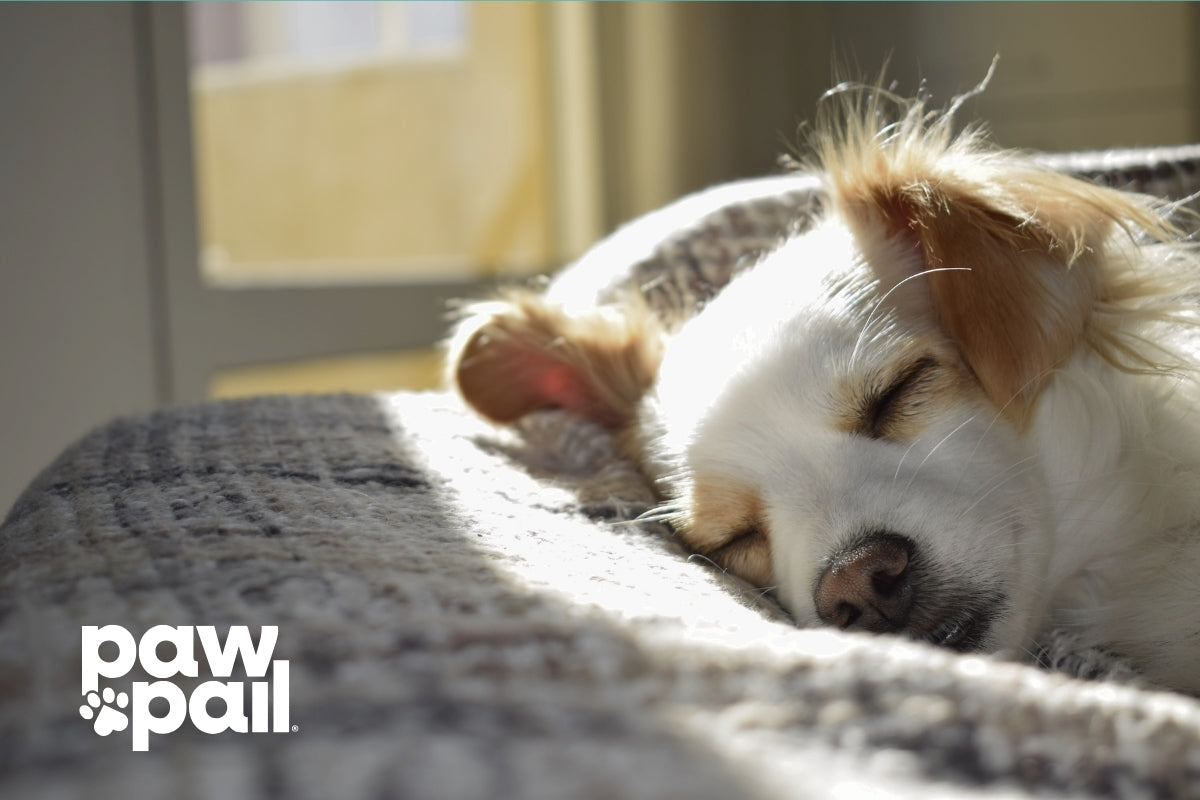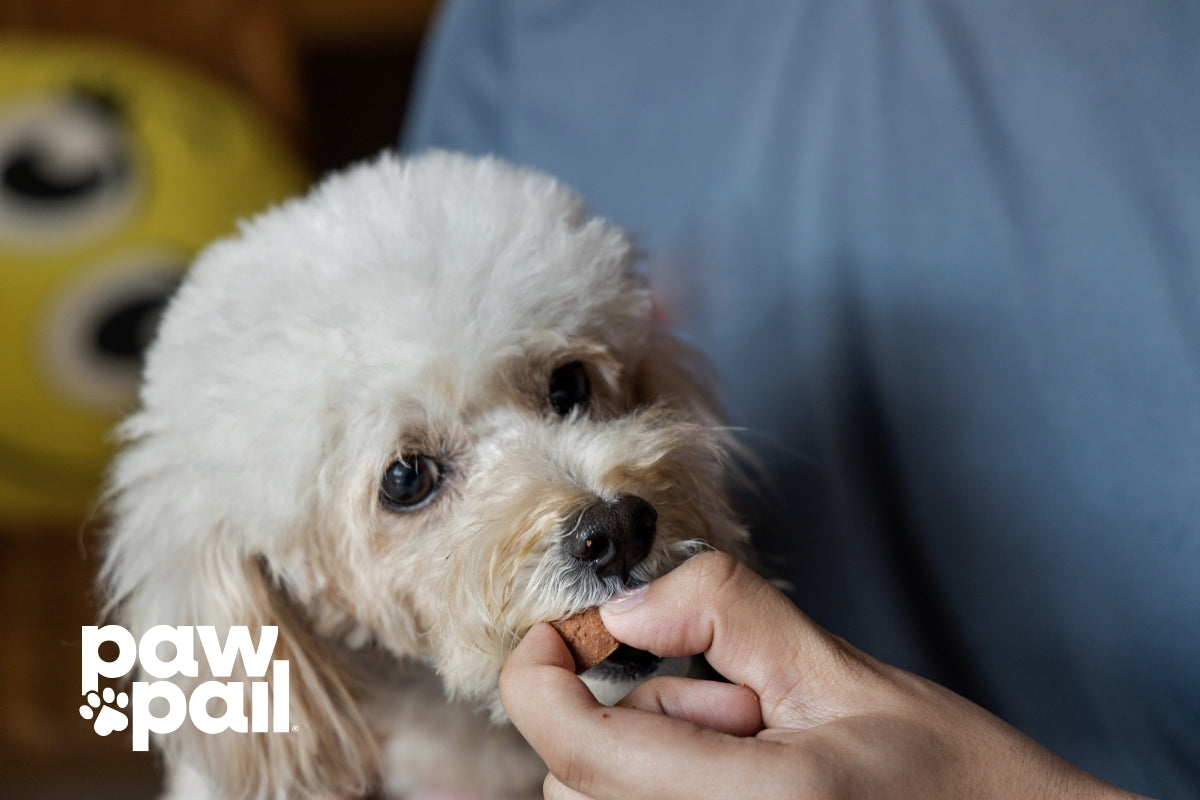Waking up to the unwelcome discovery of dog poop in your home is a frustrating experience for any pet owner. Even more perplexing is when your previously house-trained canine companion suddenly starts having these nocturnal accidents. This isn't just a messy inconvenience; it's a signal that something has changed, and understanding why is your dog pooping in the house at night is the crucial first step to finding a solution. While your immediate reaction might be frustration, a calm and methodical approach, starting with a veterinary visit, is paramount.
Ruling Out Medical Issues
Before assuming a behavioral problem, it is absolutely essential to schedule a visit with your veterinarian. Many physical ailments can manifest as a sudden loss of bowel control, especially during sleep or when the dog is not actively supervised. Your vet will conduct a thorough examination, which may include asking for a stool sample for parasite checks or recommending further diagnostic tests. Ignoring potential medical causes could delay vital treatment and worsen your dog's condition.
Gastrointestinal issues like parasites, food allergies, IBD, infections, or a "stomach flu" often cause nighttime accidents. Age-related problems such as dog dementia, muscle weakness, or pain from arthritis can also impair bowel control, making it difficult for older dogs to hold it or get outside in time.
Other Underlying Health Conditions
Damage to the nerves that control the anal sphincter can lead to bowel incontinence, where the dog has no conscious control over defecation. Kidney or liver disease can lead to increased thirst and urination, and sometimes, secondary digestive issues or overall malaise that impact housetraining.
Cushing's disease is a hormonal disorder that can cause increased thirst, urination, and sometimes, a general decrease in muscle tone and control. Certain medications can cause digestive upset, diarrhea, or increased urination/defecation as a side effect. Always check with your vet if your dog has recently started new medication.
Unpacking Behavioral Factors
Once medical issues are excluded, behavioral reasons for nighttime accidents often emerge. Incomplete house training or regression is a common culprit; perhaps consistency lacked, or your dog isn't getting sufficient, focused outdoor opportunities, especially before bed. Distractions outside can also mean they don't fully relieve themselves.
Anxiety and stress are significant factors. Separation anxiety, specific nighttime fears (e.g., loud noises, darkness), or environmental changes like moving house can trigger accidents. Disrupted routines, including altered feeding or walk times, and even sudden diet changes, can also upset a dog's digestive rhythm. Less commonly, territorial marking, especially in intact males, might explain small accidents.
Taking Action
Once you've seen the vet and have a clear understanding of whether medical factors are at play, you can implement a targeted strategy. Start by reinforcing the fundamentals of house training. Establish a consistent schedule for potty breaks, especially as the last thing before bed (even if it's a quick trip out) and first thing in the morning. When indoors, especially in the evenings, keep a close eye on your dog. If they start circling, sniffing intensely, or heading towards a specific spot, immediately take them outside.
When your dog successfully poops outside, reward them enthusiastically with praise and a high-value treat immediately after they finish. This creates a strong positive association. Use a specific word or phrase (e.g., "Go potty," "Do your business") every time you take them out, helping them associate the command with the action.
Then you can work on optimizing your furry friend’s evening routine. Feed your dog at consistent times, and avoid feeding them too close to bedtime. Aim for at least 2-3 hours between their last meal and their final potty break of the night. This allows time for digestion.
While you should never dehydrate your dog, some owners find it helpful to pick up the water bowl an hour or two before bedtime, as long as it doesn't cause excessive thirst or discomfort. Always discuss this with your vet first.
In case an accident does occur, use an enzymatic cleaner specifically designed to neutralize pet odors. Standard household cleaners often only mask the smell, and dogs are instinctively drawn to "re-mark" areas where they've previously soiled.
Never scold, yell at, or physically punish your dog for an indoor accident. This will only teach them to fear you and hide their accidents, making the problem harder to solve. Instead, calmly clean up and focus on prevention.
A Clean Start for Peaceful Nights
Unraveling why your dog is pooping in the house at night requires patience and a systematic approach. Remember, understanding the 'why' is the first step to restoring peaceful, mess-free nights for both you and your beloved companion.
When accidents do happen, quick and thorough cleanup is vital. Don't let lingering odors invite repeat incidents. Paw Pail offers an easy and hygienic solution for scooping up messes, making the frustrating task of cleaning up dog waste simpler and more effective. Keep your home fresh and make accidents a distant memory with Paw Pail!



